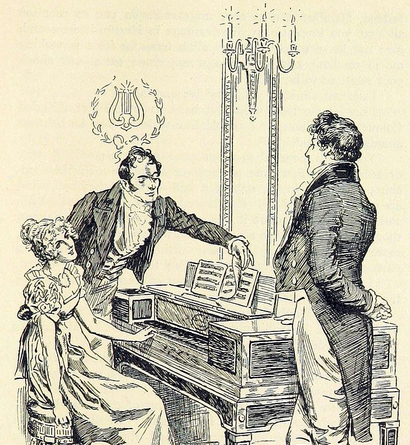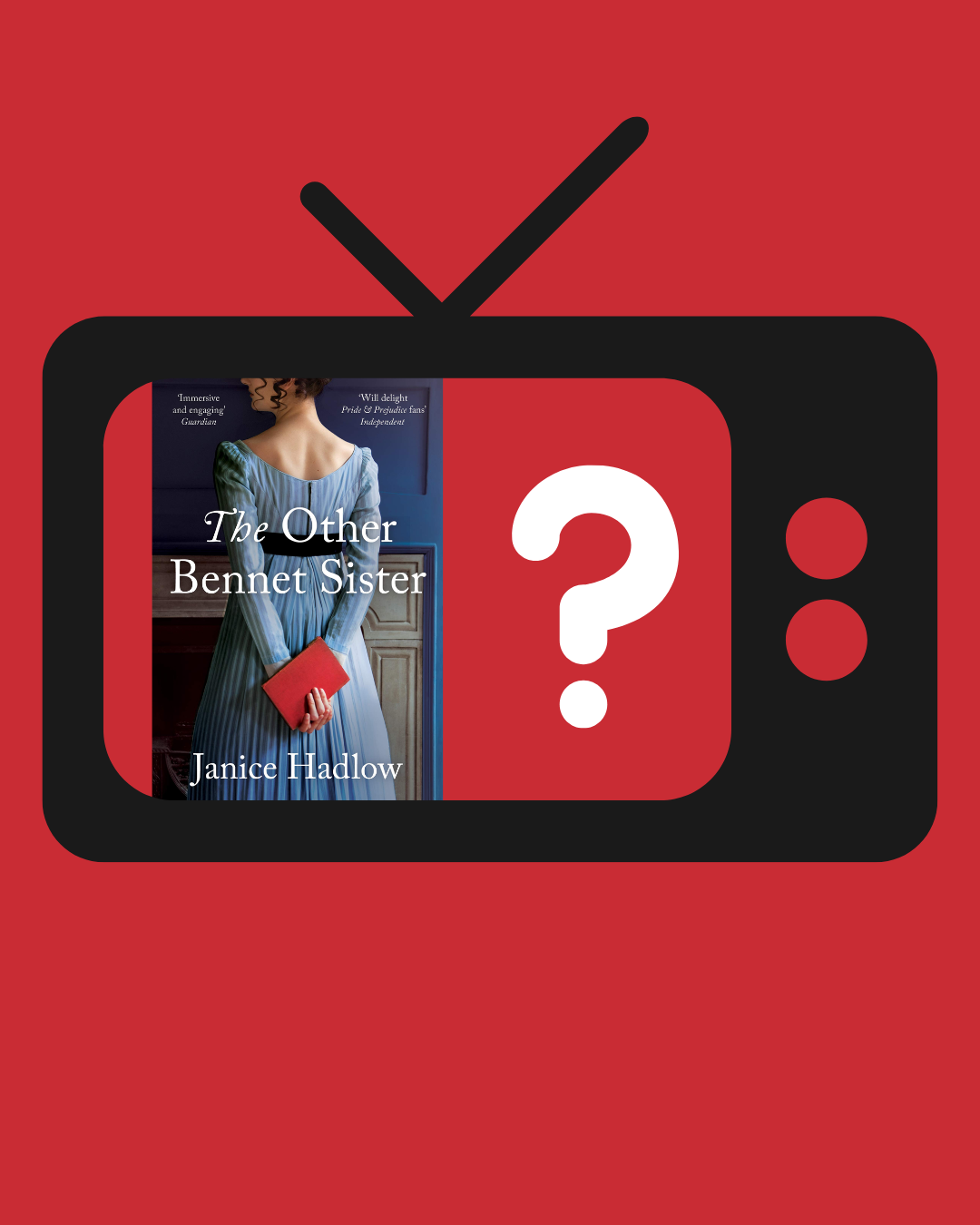Why We Love Mary Bennet

Oh, Mary.
Anyone who has read Pride & Prejudice can be forgiven for thinking those words. Mary is the plain Bennet sister, the one with the fewest prospects. She’s the girl most likely to say the wrong thing at the wrong time. She sings badly, plays the piano poorly, and is vain affected in her thoughts and motivations. She exposes herself and the family to ridicule. Mr. Bennet makes fun of her. Mrs. Bennet barely thinks about her. The numerous movie adaptations hardly consider her at all.
So why is Mary Bennet getting something of a makeover, with new novels that focus on the mostly forgotten Bennet sister?
The answer lies in Jane Austen’s excellent understanding of human nature and family dynamics.

Mary Bennet is a Middle Child
The plot of Pride & Prejudice revolves around Lizzy, Jane, and Lydia. Austen didn’t even really need Mary and Kitty, since they have no impact on the events of the book. But Jane Austen doesn’t make mistakes. She includes Mary and Kitty because she’s writing about family, and she understood that the middle children are usually overlooked and forgotten.
Middle children tend to have similar characteristics. They try to find something they’re good at that separates them from their siblings, whether that’s music or sports, school, or other passion. They are self-sufficient, because they don’t have their parents’ focus (usually reserved for the oldest children or the youngest). They’re overlooked, and so they work hard to get attention. Even negative attention is better than being ignored.
Jane was beautiful, Lizzy smart, Lydia flirtatious, and Kitty – well, poor Kitty. No wonder Mary wanted to be known as accomplished.
Mary Bennet is a classic middle child. Jane Austen might never have heard the term, but she knew what that meant. She understood family relationships.
Mary Bennet is Socially Awkward
Behind the empire-waist gowns, the bonnets, and the balls, Jane Austen’s England was a highly stratified society. There were specific rules of etiquette and behavior and any number of social traps. A single misstep could result in ridicule and even social ostracization.
This is illustrated at the first assembly in Pride & Prejudice, when Mary plays the piano and sings with a wincing lack of talent. The whole family has already embarrassed Lizzy in front of Darcy and the Bingleys, and Mary’s performance is just the icing on the cake.
It was probably hard enough for a regular person to understand the nuances of polite society. But for someone who is socially awkward, a community gathering must have felt like a minefield – potentially explosive and just as dangerous. And there is no indication that the Bennet parents really tried to teach their daughters all of the nuances of social etiquette. In fact, the evidence goes the other way. Mr. Bennet never tried, and Mrs. Bennet was socially awkward herself.
Do you know who else is socially awkward? Bookworms who love Jane Austen. I’ve received many a fan e-mail from readers who said they could relate to Mary Bennet in The Unexpected Miss Bennet. They know what it’s like to do and say the wrong thing. They know what it’s like to feel overlooked and to want validation and acceptance, even to the extent of making a fool of themselves in public.
Mary Bennet Has Bad Parents
Mr. Bennet is a terrible father. He’s emotionally distant, sarcastic, and mocking. Mary wants nothing more than for her father to recognize her as a kindred mind. Instead, he makes fun of her. No wonder she turns to Fordyce’s Sermons. She’s seeking a father figure and a guide.
Mrs. Bennet is overbearing, but at least she’s trying to do something about her family’s future. Due to the entail, there’s only one solution to keep them all out of poverty, and that’s for the girls to marry well. And with four pretty daughters and one plain one, she doesn’t have the energy to focus on Mary.
When Jane Austen wrote about the Bennet parents, she wasn’t just creating funny caricatures. She illustrates Mr. and Mrs. Bennet’s failings, because they have a direct impact on the plot and the outcome.
Mary’s just collateral damage.
Mary Bennet Is an Every Girl
How many of us are as beautiful and kind as Jane or as vivacious and witty as Lizzy? We might wish we were Lizzy and get to marry our Darcy, but more likely we’re just mere mortals. We are plain, imperfect, clumsy, and wishful. We try really hard, even when we’re not good at something, and someone else is better. If we grew up in a big family, we got lost amongst our siblings. We’ve felt the sting when our parents get us wrong, even when we grow up in a loving family.
We love Mary Bennet because we are Mary Bennet.
Mary Bennet is the Hero of Her Own Story
Nowadays there are a number of Mary Bennet adaptations and sequels to Pride & Prejudice, and I think that’s a good thing. Mary has a lot to offer, and there are a growing number of fans who want to experience her renaissance. There are as many different Mary stories as there are authors, and all of them bring something personal to the table.
Every Mary Bennet adaptation takes Mary on a journey of change. She doesn’t just get her own romance; she comes into her own and grows with confidence. She brings her talents to bear on her own pursuits. She achieves self-acceptance.
We can all relate to that.
Patrice Sarath is the author of The Unexpected Miss Bennet, a sequel to Pride & Prejudice. It is available now on audio from Tantor Audio. You can find out more about Patrice and her novels at www.patricesarath.com.
If you don't want to miss a beat when it comes to Jane Austen, make sure you are signed up to the Jane Austen newsletter for exclusive updates and discounts from our Online Gift Shop.


